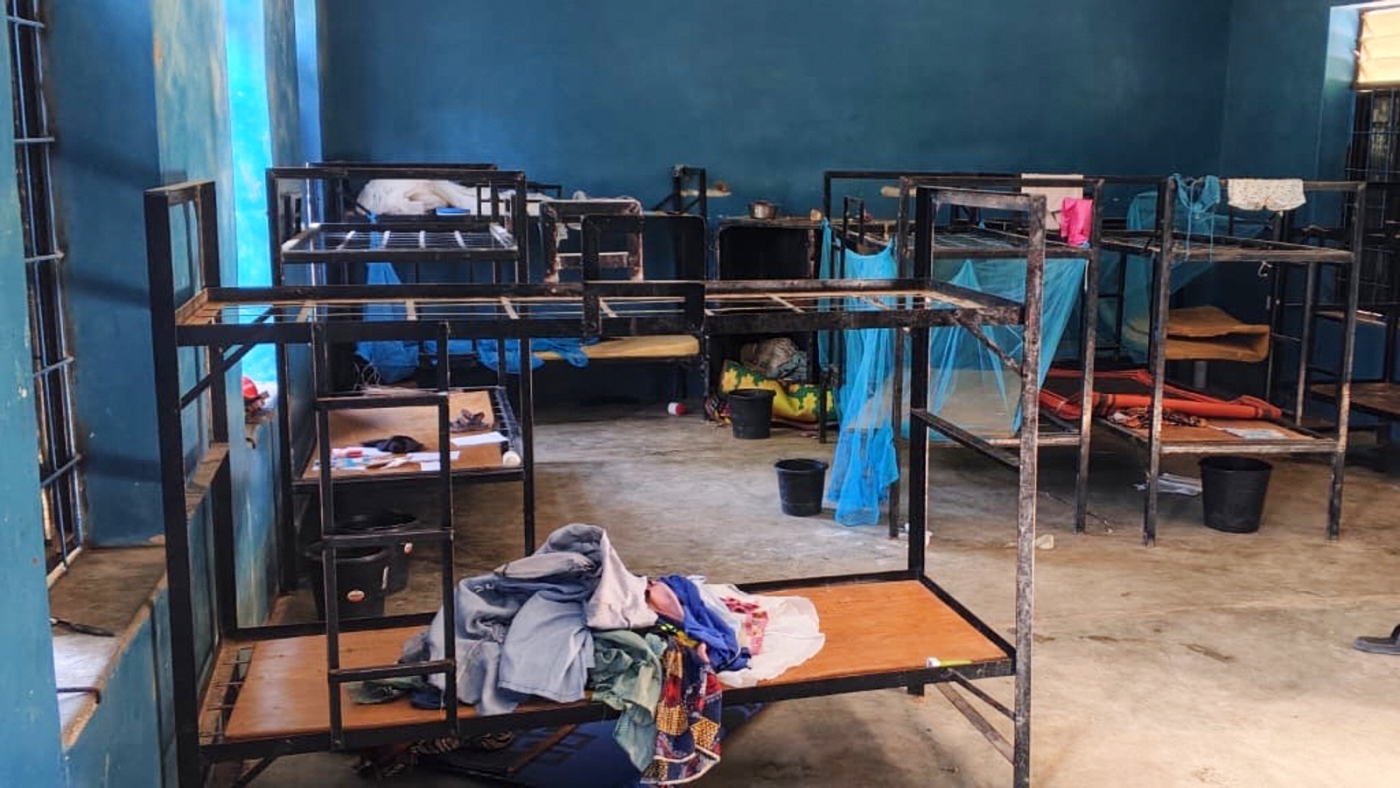 Credit: UN Photo/Loey Felipe
Credit: UN Photo/Loey FelipeUNITED NATIONS, October 29 (IPS) - In June 2025, the international community celebrated the 80th anniversary of the signing of the United Nations Charter. On October 24, we celebrated UN Day, commemorating its ratification. This is an opportune moment to reflect on how far we have come, and the ground we have yet to traverse.
Countries of the Global South particularly find themselves at a critical juncture, as we experience firsthand the shifts of the multilateral system and bear the brunt of its effects.
The UN Charter, as the foundational document of the United Nations (UN), affirmed belief in a multilateral system and formally established an international organization aimed at curtailing future suffering in a post-World War context. The UN’s Security Council, one of the principal organs created by the Charter, which is primarily tasked with the maintenance of peace, became the cornerstone of the international peace and security framework.
Comprised of five permanent members (China, France, Russia, the United Kingdom, and the United States) with veto power, and 10 non-permanent members elected for two-year terms, the Council has locked into place a power imbalance, which perpetuates the historical injustices of a bygone era.
Today, the world is not as it was in 1945. We are witnessing escalating conflicts in real time – from Ukraine to Gaza to Sudan, unprecedented global security threats, and rapidly shifting geopolitics – all challenging the lofty ideals and aspirations that underpinned the UN’s founding.
In light of the critical mandate of the UN Security Council, and the far-reaching consequences of its decisions, (and its paralysis), it is necessary to ask: is the United Nations Security Council currently equipped to meet these evolving challenges and retain its legitimacy?
There may be varied views on the way forward, but for a majority the short answer to this question is “No.” It is not equipped in its current form.
The L.69, a diverse pro-reform coalition of developing countries from Africa, Latin America and the Caribbean, Asia and the Pacific, views reform as both urgent and essential. Our group is united by the call for comprehensive reform of the Security Council, specifically by expanding the membership in both the permanent and non-permanent categories of membership.
We believe that we must confront the reality that developing countries, which are home to the majority of the world’s population and are often on the frontlines of global crises, remain unrepresented and underrepresented on the Council.
The power to influence war and peace, to enforce international law, to decide where injustice is condemned or overlooked, and where humanitarian aid is delivered, should not continue to rest in the hands of a few powers, which includes those with a colonial past, who once held dominion over the very nations now seeking representation.
The exclusion of the perspective of those populations most affected by the conflicts is not only unjust, but also dangerous.
There is now a kind of ennui around the discussions on Security Council reform, which may be inevitable in a conversation that has been ongoing in various forms for decades. However, though the road to reform may be difficult we cannot afford to give up. The cost of inaction for the peoples of the world is a weighty matter that states will have to answer for.
There are pathways that have been identified for how the United Nations can go forward. The process can build on the only successful reform achieved in 1965, when the Council, in response to the growth of the UN membership, expanded from 11 to 15 members with the addition of four non-permanent seats.
The case is simple. Just as the world has changed, so too must the Security Council evolve. This is not only necessary to reflect today’s geopolitical realities, but to create a world where every voice counts. Security Council reform is about the global community fulfilling their commitment to the foundational promise of the United Nations: to uphold peace, dignity, and equality. Time is running out.
The question is not whether the Security Council will be reformed, but whether it will be reformed in time to remain relevant.
IPS UN Bureau
© Inter Press Service (20251029060956) — All Rights Reserved. Original source: Inter Press Service

 1 month ago
17
1 month ago
17










 English (US) ·
English (US) ·